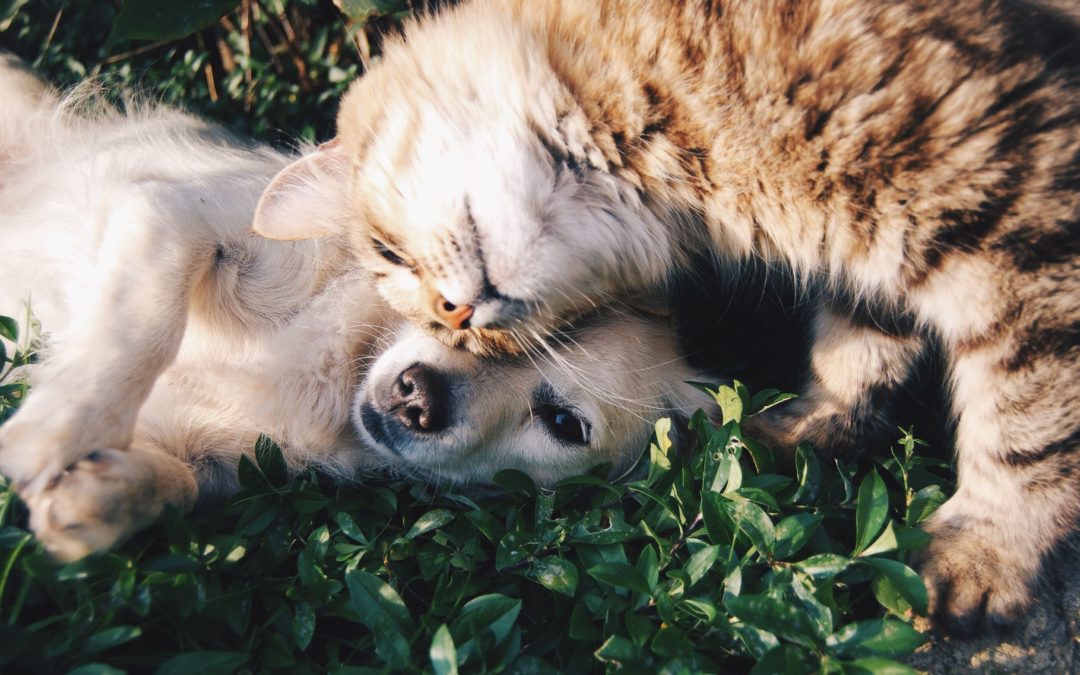Pet vaccinations are crucial to ensure that your dog or cat lives a long and healthy life. Veterinarians recommend regular vaccinations for pets to protect them from common contagious and life-threatening diseases. Different vaccinations and vaccine combinations can protect against rabies, canine hepatitis, and Lyme disease.
Vaccinations can be highly effective in protecting your pet against diseases, but, just like with any other medical procedure, there are associated risks and side effects. When vaccinating your pets, it’s essential to consult with your veterinarian on the potential risks of each vaccination. Depending on your pet’s health and history, you can make an informed decision on whether vaccinating your pet is the right move for you.
Here is everything you need to know about which vaccines your pet needs and when to get them.
Understanding Pet Vaccinations
Pet vaccinations play a critical role in your pet’s overall health and well-being. They work by preparing your puppy or kitten’s immune system to fight against viruses and bacteria that cause diseases.
Vaccines contain agents that resemble the disease-causing organism. These agents have been weakened or inactive toxins. Pet vaccinations gently stimulate your pet’s immune system so that it recognizes the disease and develops the strength to fight against it should your pet ever become infected.
What Type of Vaccinations Does My Pet Need?
There are two main types of vaccines: core vaccinations and non-core vaccinations
Core Vaccines
Many states have laws requiring pets to receive mandatory vaccines called core vaccines. For dogs, these include:
- Canine hepatitis
- Distemper
- Parvovirus
- Rabies
Core vaccines for cats protect against:
- Feline herpesvirus
- Calicivirus
- Feline parvovirus
Non-Core Vaccines
Non-core vaccines are optional by law, but they can further protect your cat or dog from diseases. Your veterinarian may recommend non-core vaccines based on your pet’s age, risk of exposure, and unique needs.
Optional vaccines for your dog include:
- Canine influenza virus
- Lyme disease
- Bordetella bronchiseptica (commonly referred to as kennel cough)
Non-core vaccines for your cat include:
- Feline immunodeficiency virus
- Leukemia virus
Vaccination Schedule
The vaccination schedule for your pet can vary depending on their medical history, age, and environment. Puppies born from a mother with a healthy immune system that have spent the first two months of their life with their mother receive essential antibodies through the mother’s milk. These puppies often do not need to start receiving vaccinations until they are weaned.
For puppies, core vaccinations start between six to eight weeks old. Your puppy should receive the last round of required vaccines when they are approximately 16 to 17 weeks old. After the initial vaccinations, they can receive booster shots to strengthen the effectiveness of the vaccine every one to three years. Your dog can begin receiving optional vaccines between the ages of 12 to 16 months.
Kittens can start to receive their core vaccinations once they reach eight weeks old. If you have an adult cat that has not yet been vaccinated, they will need two doses of each core vaccine three to four weeks apart.
Pet vaccinations are effective for a minimum of three years and sometimes up to seven years in rare cases. Non-core vaccines don’t provide long-term immunity.
Vaccinating Older Dogs and Cats
If you have an older dog or cat, you may be wondering, “Should senior pets undergo additional rounds of vaccinations?”
When it comes to optional vaccines, adult dogs should be vaccinated yearly to maintain immunity. They should receive core vaccination boosters, such as for rabies, at least every three years. All canines require booster vaccines of core vaccinations every three years as recommended by most state laws.
Most adult cats should be vaccinated every three years based on a lifestyle risk assessment.
Schedule a Pet Vaccination Appointment at Penny Paws Animal Clinic Today
Is your furry friend vaccinated? Pet vaccinations are essential for keeping your pet healthy and ensuring that you enjoy their company for many years to come. Your pet’s vaccination journey starts with a trusted veterinarian who will perform a history and risk assessment to determine a vaccination schedule that’s ideal for your dog or cat.
Contact us today to book an appointment.

